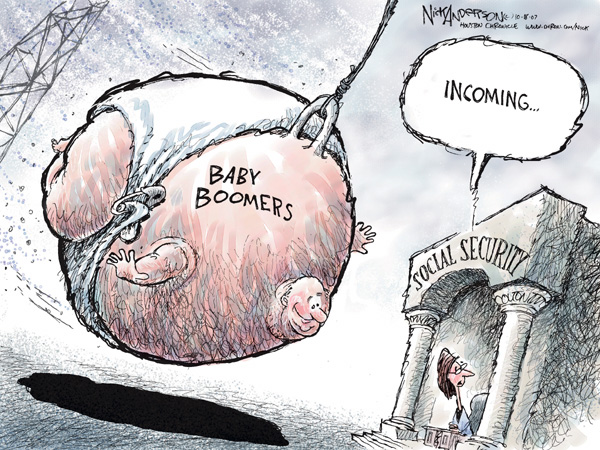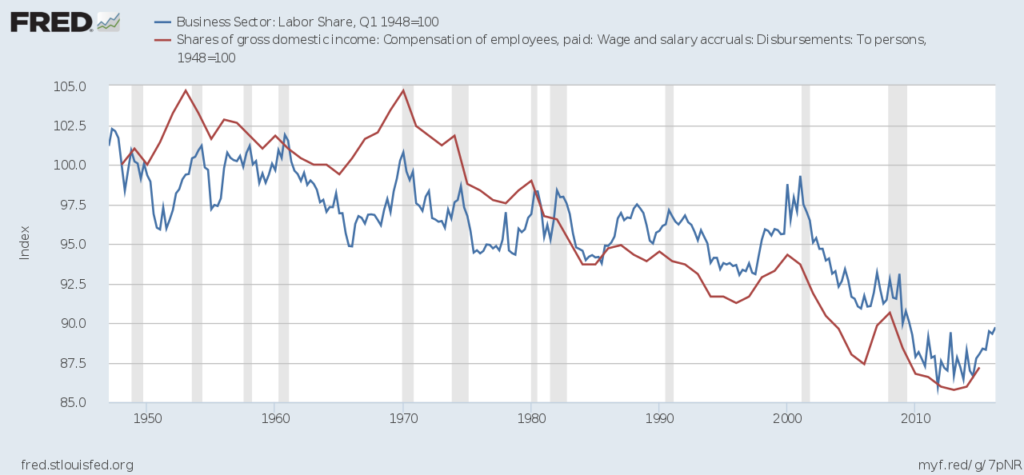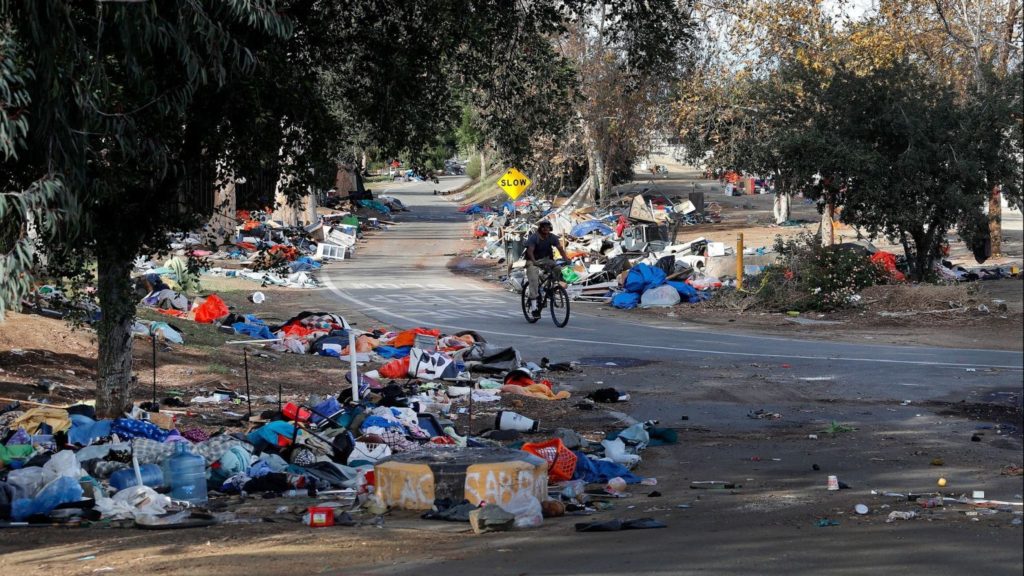
Brad Pitt summarised the challenges facing the Western World in the 1999 film Fight Club, when his character Tyler Durden said: “We’re the middle children of history, men. No purpose or place. We have no Great War. No Great Depression. Our Great War’s a spiritual war… our Great Depression is our lives.” 22 years later, our Great War is still a spiritual war.
There exists a supercosmic spiritual force that wills suffering upon all conscious beings. This nameless Principle of Evil has inspired countless acts of sadism throughout the ages. It is at work everywhere a person acts with malice or indifference towards the suffering of their fellows.
This Principle of Evil is in eternal conflict with the Principle of Good, which seeks to alleviate the suffering of all conscious beings. The two are locked in a Great Spiritual War, one which profoundly affects the lives of every creature. The Principle of Evil seeks to cause those creatures to suffer, and the Principle of Good seeks to counter the Principle of Evil.
The influence of this Principle of Evil, as Solzhenitsyn understood, runs through the heart of every human being. It is not exclusive to any gender, race, nation, occupation or creed (although some creeds, such as the Abrahamic cults, worship the Principle of Evil and its demons). Therefore, this spiritual war is fought everywhere, in all times and places.
Every conscious being is conscripted into the war against this Principle of Evil, which seeks to cause them suffering. The easiest way for the Principle of Evil to cause suffering is by provoking passions. Every impulse felt by any conscious being creates a conflict: between the will to gratify that desire, and the will to alleviate suffering.
One of the main theatres of the Great Spiritual War involves keeping people ignorant about the spiritual truths of reality.
As Socrates and Buddha both laboured to point out, suffering is primarily caused by ignorance. The most effective way for the Principle of Evil to increase the suffering in the world is to spread ignorance, because ignorance empowers the passions. There are two main ways to spread ignorance: denying the truth, and asserting falsehoods.
Denying the truth involves denying the spiritual truths. The followers of the Principle of Evil deny the fundamental all-rightness of the Universe. They also deny the Law of Assortative Reincarnation. These two denials lead to extreme anxiety among those who are influenced to agree with them.
Asserting falsehood involves inserting lies in the space vacated by the destruction of the truth. The followers of the Principle of Evil do this by asserting things such as “Jesus Christ is God”, or “the brain generates consciousness”. These falsehoods serve to mislead people who might be searching for spiritual truths.
The combined result of denying the truth and asserting falsehood is mass spiritual confusion. The Principle of Evil preys on this confusion by tricking people into giving their power away. Once enslaved, they can be made to suffer without being able to resist.
One of the fronts of this theatre of spiritual warfare involves the legal status of spiritual sacraments.
The followers of the Principle of Evil are aware that people have used spiritual sacraments, such as cannabis and psilocybin mushrooms, for thousands of years to reconnect with the divine. In places such as India, where the native spiritual traditions were not eradicated by Abrahamic invaders, cannabis is still used as a spiritual sacrament.
In order to increase the amount of suffering in the world, then, the followers of the Principle of Evil have acted to destroy all genuine spiritual traditions. This is why they murdered Pythagoras and Hypatia, and it’s why they destroyed the Eleusianian Mysteries and the Library of Alexandria. It’s why their colonists have assiduously attacked the native spiritual traditions of every land they settled in.
This is also why Christians and Muslims came together to oppose cannabis law reform in New Zealand last year. By destroying the possibility of using cannabis as a spiritual sacrament, they worked to maximise the spiritual ignorance in New Zealand, and thereby the suffering. Abrahamists may spend a lot of time killing each other, but they’re capable of co-operating if the common objective is to attack ordinary people.
Victory in the Great Spiritual War entails the eradication of all Abrahamic traditions from the face of the Earth. This would result in the total defeat of the Principle of Evil, who, without worshippers, would be powerless to increase the suffering in the world. At that point, a new spiritual Golden Age would begin.
The first step is to reassert our freedom to use spiritual sacraments to reconnect with the divine. The truth – that cannabis, psilocybin and various other substances are spiritual sacraments – must be spoken widely once again. Their open, ritual use must retake a centre stage in our civic life.
With our natural connection to the divine re-established, we will once more come to act in accordance with the Will of God. This will lead to the minimisation of suffering in the world.
*
If you enjoyed reading this essay/article, you can get a compilation of the Best VJMP Essays and Articles of 2019 from Amazon for Kindle or Amazon for CreateSpace (for international readers), or TradeMe (for Kiwis). A compilation of the Best VJMP Essays and Articles of 2018 and the Best VJMP Essays and Articles of 2017 are also available.
*
If you would like to support our work in other ways, please consider subscribing to our SubscribeStar fund. Even better, buy any one of our books!




